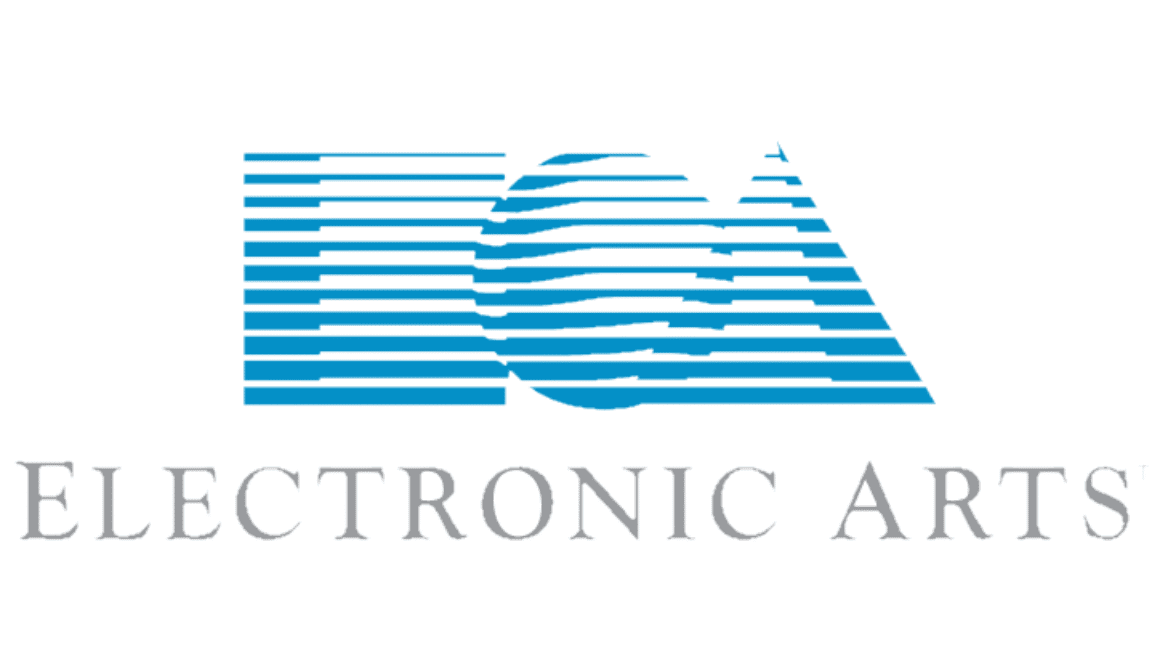Ford CEO Jim Farley discusses the company’s ambitious plans for electric vehicles (EVs), the challenges posed by tariffs and competition from China, and the quest for a $30,000 EV.
Introduction
In a recent episode of Decoder, guest host Joanna Stern, a senior personal technology columnist at The Wall Street Journal, engaged in a candid conversation with Ford CEO Jim Farley. The discussion revolved around the evolving landscape of the automotive industry, particularly in the context of electric vehicles. Farley’s insights shed light on the challenges and opportunities Ford faces as it aims to redefine its position in the market.
Background on Ford’s EV Strategy
Ford is navigating a critical juncture in its history, especially following the announcement of its new Ford Universal EV Platform. Farley described this initiative as a “Model T moment” for electric vehicles, indicating a significant shift in the company’s manufacturing processes aimed at producing more affordable EVs. This platform is expected to allow Ford to streamline production, reduce costs, and ultimately deliver vehicles that are more accessible to a broader range of consumers.
Challenges in the EV Market
Despite the optimistic outlook, the road ahead is fraught with challenges. The weakening demand for EVs in the U.S., the loss of federal tax credits, and increasing competition from low-cost Chinese manufacturers such as BYD and Xiaomi pose significant hurdles. Farley acknowledged that China is currently “miles ahead” in certain aspects of the EV industry, particularly in terms of innovation and cost efficiency.
Ford’s Response to Competition
Farley emphasized that the competition from Chinese manufacturers is not to be underestimated. With their ability to produce high-tech EVs at lower costs, these companies have set a high bar for Ford and other traditional automakers. He noted that while Ford has made strides in the EV market, it still lags behind competitors like Tesla and GM, who have a more extensive lineup of electric vehicles.
The Ford Universal EV Platform
The Ford Universal EV Platform is a cornerstone of the company’s strategy to regain its competitive edge. Set to debut in 2027, this platform aims to revolutionize how Ford designs and manufactures its electric vehicles. Farley explained that the platform will enable the company to develop multiple vehicle models efficiently, allowing for a more agile response to market demands.
Innovative Manufacturing Techniques
One of the key innovations associated with the Universal EV Platform is its focus on manufacturability. Farley stated that Ford is adopting a radically simplified approach to vehicle design, moving away from traditional manufacturing philosophies. This includes utilizing new materials and production techniques that are not typically associated with legacy automakers.
Farley highlighted the importance of creating a “maverick group” within Ford, tasked with developing this platform independently from the company’s traditional structures. This team is expected to bring fresh ideas and innovative solutions to the table, ultimately leading to a more efficient and cost-effective manufacturing process.
The Quest for a $30,000 EV
One of the most pressing goals for Ford is to produce an affordable electric vehicle priced around $30,000. Farley emphasized that this price point is crucial for capturing a significant share of the market, particularly among consumers who are currently driving used vehicles priced around that range. He noted that while high-end EVs have garnered attention, the real potential for growth lies in offering affordable options that do not rely on government subsidies.
Market Dynamics and Consumer Preferences
The conversation also touched on the evolving preferences of consumers in the EV market. Farley pointed out that many potential buyers are looking for vehicles that are not only affordable but also practical for everyday use. This includes considerations such as charging infrastructure, range, and overall cost of ownership. He believes that the next wave of EV adoption will be driven by consumers seeking vehicles that meet their needs without breaking the bank.
Rebuilding the Manufacturing Base
Farley expressed a strong commitment to rebuilding the manufacturing base of blue-collar workers in the U.S. to compete effectively with China. He argued that a robust domestic manufacturing sector is essential for ensuring the long-term viability of American automakers. This sentiment is particularly relevant in light of the ongoing trade tensions and tariff issues that have emerged under the current administration.
Tariffs and Fair Competition
When discussing tariffs, Farley made it clear that Ford is seeking a “fair fight” in the marketplace. He criticized the current tariff landscape, which he believes puts American manufacturers at a disadvantage compared to their Chinese counterparts. Farley’s call for fair competition underscores the need for a level playing field in the global automotive market, particularly as Ford seeks to ramp up its EV production.
Future Outlook and Risks
As Ford embarks on this ambitious journey, Farley acknowledged the inherent risks involved. The company is venturing into uncharted territory with its new manufacturing processes and product offerings. He emphasized that while the potential for success is significant, there are no guarantees that Ford will achieve its goals. The complexities of building a vehicle in a new way, combined with the competitive pressures from both domestic and international players, create a challenging environment.
Integration of New Ideas
Farley also addressed the challenge of integrating the innovative ideas generated by the maverick group back into Ford’s larger operational framework. He explained that while the team operates independently, there is a need for collaboration and knowledge sharing across the organization. This integration will be crucial for ensuring that the innovations developed by the maverick group can be effectively implemented at scale.
Consumer Engagement and Feedback
Throughout the conversation, Farley emphasized the importance of consumer feedback in shaping Ford’s EV strategy. He noted that the company has been actively gathering data from its existing EV customers, including those who have leased vehicles like the Mustang Mach-E. This data-driven approach will inform future product development and help Ford better understand the needs and preferences of its customers.
Conclusion
In summary, Ford is at a pivotal moment in its history as it seeks to redefine its role in the electric vehicle market. With the introduction of the Ford Universal EV Platform and a commitment to producing affordable EVs, the company is positioning itself to compete more effectively against both domestic and international rivals. However, the challenges posed by tariffs, competition, and the need for innovation are significant. As Farley aptly noted, the journey ahead is fraught with risks, but the potential rewards could reshape the future of Ford and the automotive industry as a whole.
Source: Original report
Was this helpful?
Last Modified: September 29, 2025 at 7:40 pm
1 views















